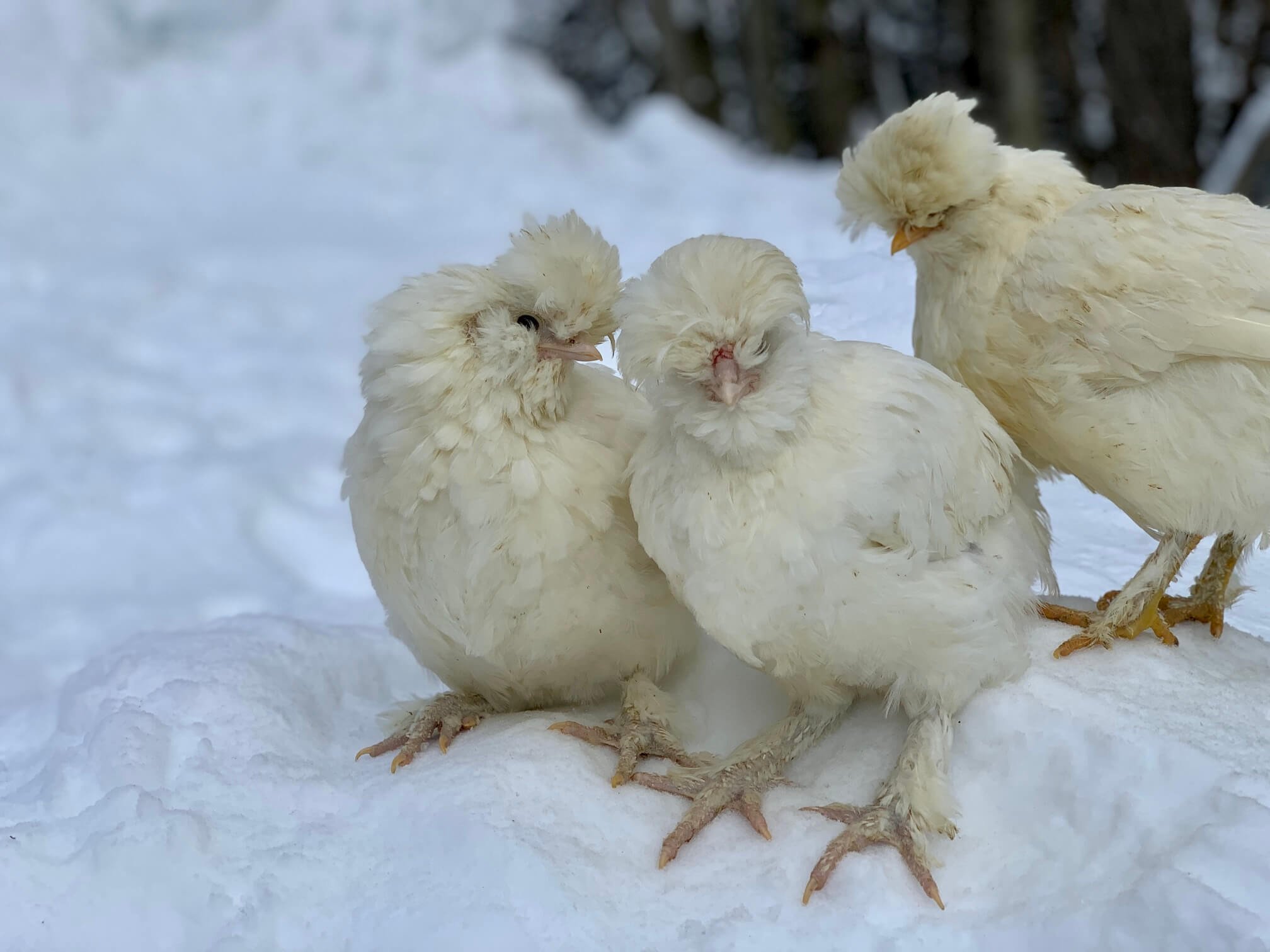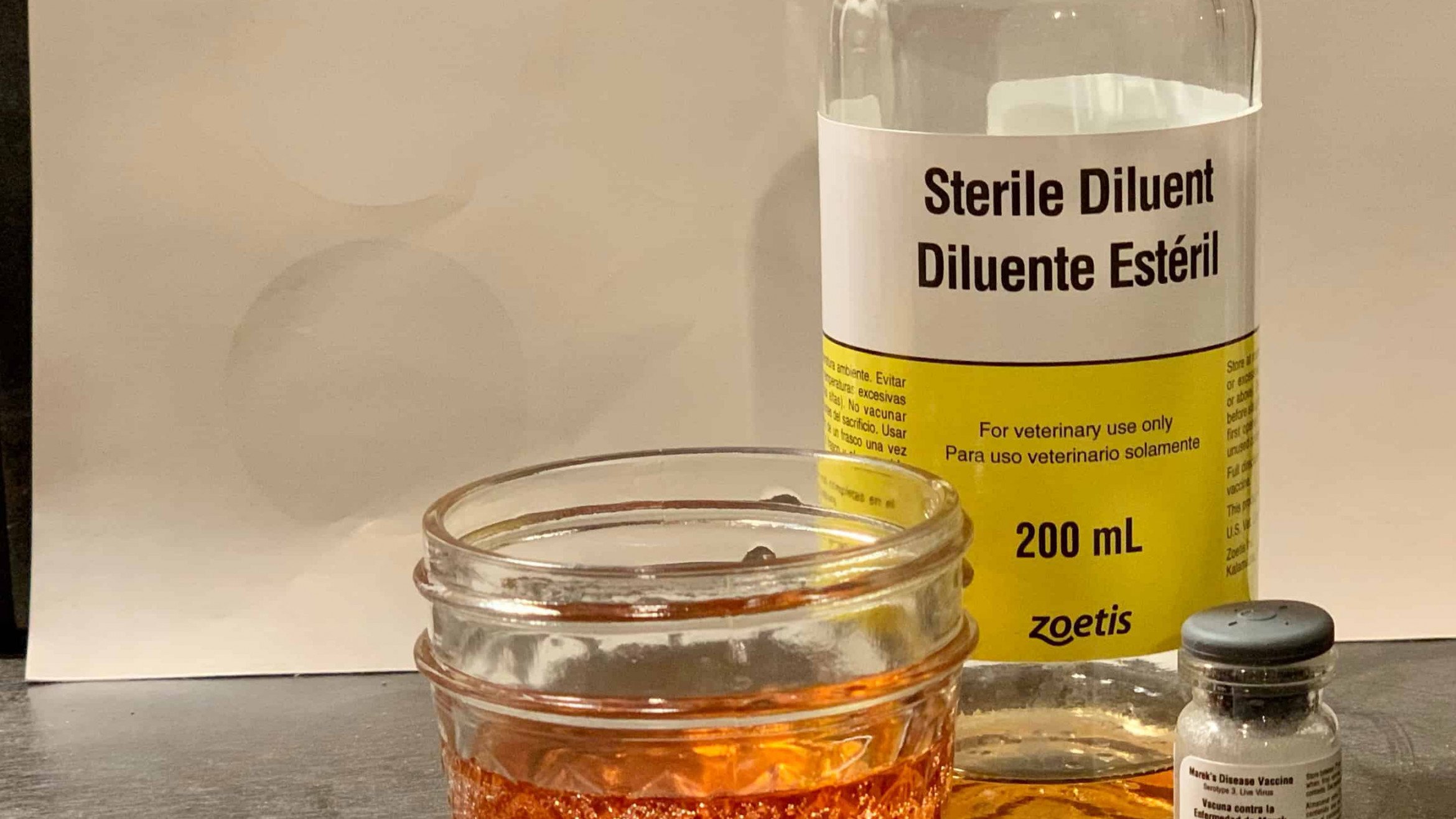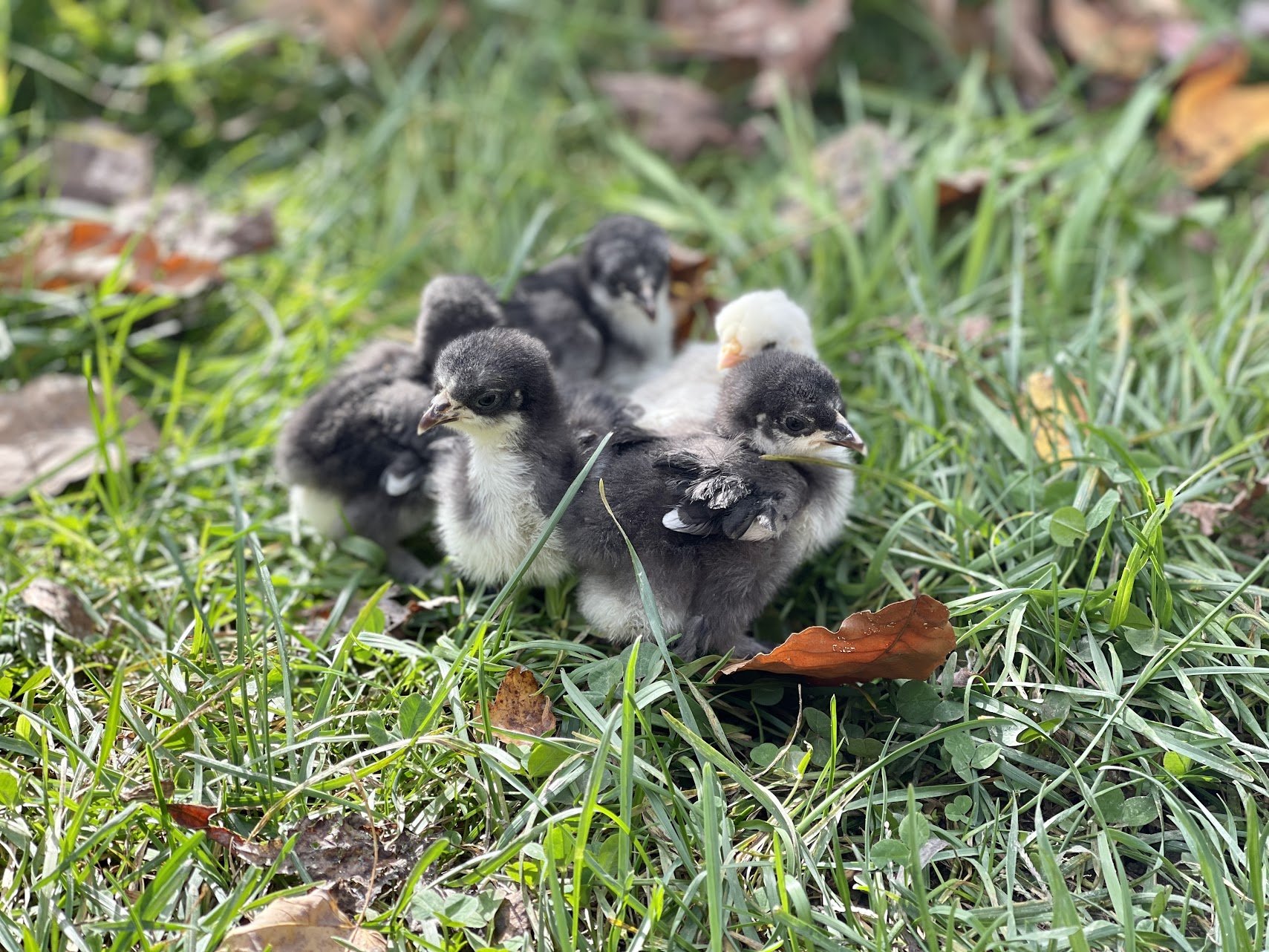
What’s all the cluck about

Molting for the Backyard Flock
Birds won’t look their prettiest during a molt, but it’s a natural behavior that’s necessary for the health of your chickens. Molting is when chickens replace older, worn feathers with new feathers.

Sanjak Longcrowers
Just what are landrace Fowl? How are they different from standard breeds?

Heritage Chickens
Discover the captivating world of rare and heritage chicken breeds on our farm information pages. Learn about their history and unique qualities today.


Classic Egg Frittata
Embrace the simplicity of eggs with our delightful recipes! From frittatas to creative dishes, learn how to make the most of your farm-fresh eggs.

Understanding Salmonella Pullorum
Salmonella Pullorum is a highly contagious bacterial disease that has haunted poultry keepers for over a century. Originally identified in 1899 as White Bacillary Diarrhea, it was later renamed in 1929. While this disease primarily affects chickens and other avian species, its impact on poultry breeding, hatching success, and overall flock health makes it a critical issue

USPS Implements New Handling Fees
As a trusted shipper of live birds, we’re committed to ensuring that your precious cargo is handled with the utmost care during transit. Recently, USPS introduced new handling fees for shipments containing live animals, perishable food, and plants. These fees are designed to cover additional care and precautions taken during shipping to ensure safe delivery.

Fowl Keeping Tips for Winter Success!
Winter's chill can be tough on our feathered friends. Wondering how to keep your flock cozy? Join us as we share some tried-and-true methods to protect your poultry from the cold.


Oil of Oregano For Fowl? You Bet!
The Turkey Flock is continuing on with The Oil of Oregano Program due to the overwhelming success over the last two years. It should be noted that because of the use of The Oil of Oregano, this Farm is now chemical-free and will qualify for Organic Certification.

All About Chicken Combs!
Many people consider the chicken’s comb ornamental and mostly for show. What people may not know is that the chicken comb is considered an organ. The physiology of the comb is quite unique, and can be seen during incubation in as early as seven days. Development of the comb is influenced by either testosterone or estrogen.

Keeping Birds Cool in the Summer Heat
It’s Summer! It is that time of year for fun, lots of sun, and swimming. The Chicken Doc and Fowl Guru will give you some practical tips and tricks to keep your birds comfortable.

Transitioning New Birds to an Existing Flock
The anticipated day has come, you have been waiting and planning for your new feathered friends to join your existing birds.

Vitamin Supplementation with Your Flock
Deciding when it’s appropriate to supplement a flocks’ diet with additional vitamins requires basic knowledge of vitamins and their interactions.

Marek’s Vaccination – The Why
The vaccine, once a bird is properly vaccinated, uses the bird’s immune system to prevent the tumors that cripple the birds. Here’s the part people often miss!

Range Paralysis or Marek’s Disease?
It is a highly contagious Avian Herpes Virus that is highly Cell Associated. This means that the Virus must be inside a Cell of the bird in order to spread.

Sugar Feather Farm Ayam Cemani Interview
Check out our interview by Porter Valley Ranch in February. In this interview, we go into detail about our farm, what we do, and our popular chickens the Ayam Cemani.

Why Raising Baby Chicks in the Fall is a Game Changer!
As the vibrant tapestry of autumn unfurls, so too do the opportunities for nurturing new life on your homestead.

Salmonella and Chickens: what are the issues, what can you do to protect yourself?
Salmonella in your flock is a real thing and awareness is key. Learn more about Salmonella and how to protect yourself and your flocks.

Saving Sugar Feather Farm: Rebuilding After Vermont’s Devastating Floods
Our community, including us, experienced a colossal flooding event that shook the very foundations of our farm. Although our living areas have been spared, our farm structures and beloved birds have suffered significant losses.

